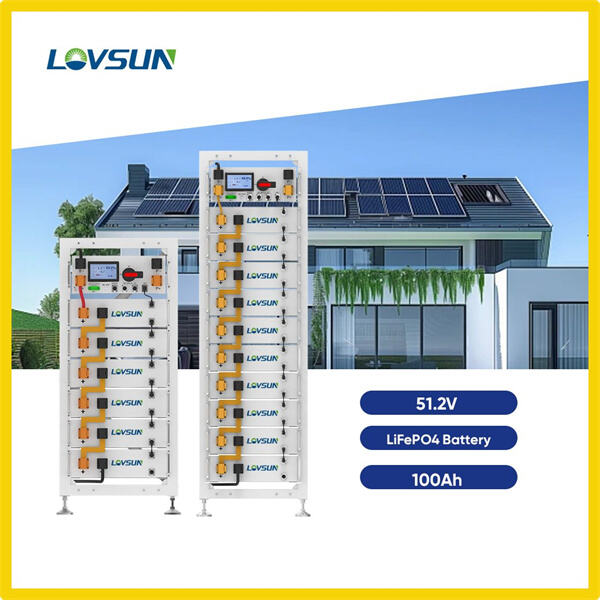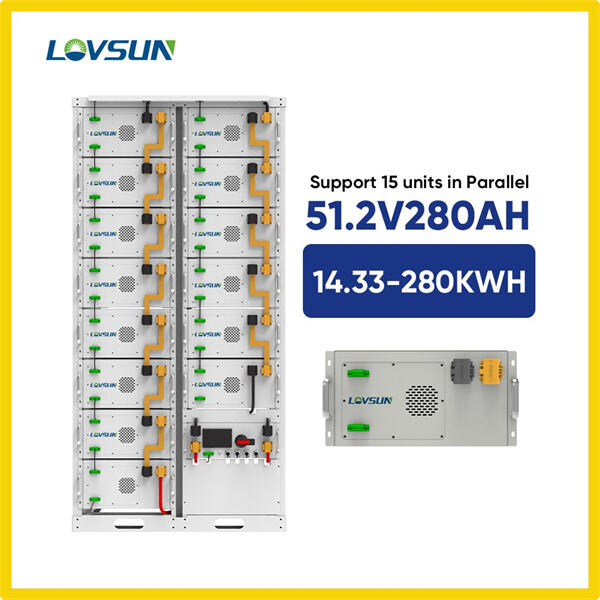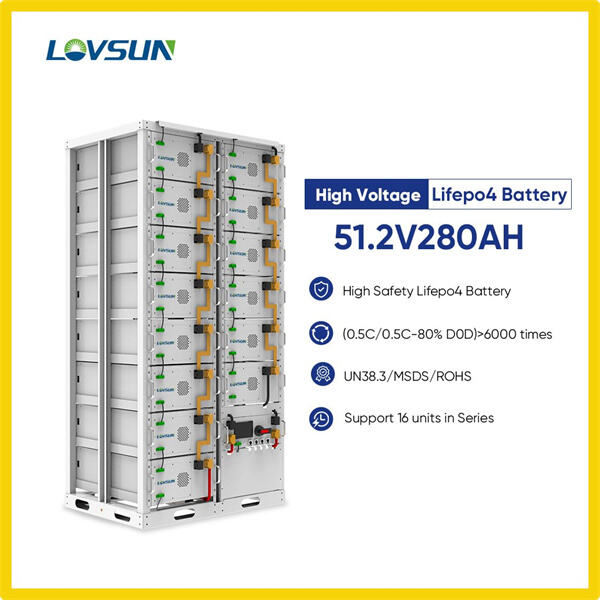Li-ion batteries are a type of battery that store energy and power devices we use on a daily basis, such as smartphones and tablets. There are two electrodes, one positive (the cathode) and one negative (the anode). These components are separated by a liquid known as an electrolyte. When you charge a high voltage lithium ion battery, little particles known as electrons travel from the cathode to the anode, where energy gets stored. When you draw power from the battery to run a device, the electrons move back from the anode to the cathode, to emit energy that can run your device.
The great thing about wall mount lithium battery is that they can be manufactured in a diversity of shapes and sizes. And this is also the reason why they are found in various devices. For example, they can be small and fit in your watch like button batteries, or large like batteries in electric cars. They are also rechargeable, so you can use them multiple times if you plug them in to charge. This makes them more environmentally friendly than single-use batteries, which you need to dispose of after using once.

There are some really cool science about lithium-ion batteries. Inside a 51.2v solar lithium battery, small particles known as ions flow between its cathode and anode to capture and discharge energy. These ions are extremely small, but have a great deal of significance towards the battery's function. In addition, the materials used in the electrodes also matter. The cathode tends to contain lithium cobalt oxide, while the anode is typically made of graphite. These materials allow the battery to function effectively and safely.

There are a lot of myths about lithium-ion batteries. There is a common myth that one must completely discharge a lithium-ion battery before recharging it, and this is certainly false information. In fact, try to keep the battery charged between 20 and 80 percent most of the time. Another misconception is that solar lithium ion battery have a greater risk of ignition if overheated. Most devices are equipped with safety mechanisms to prevent overheating, although they can do so if left on indefinitely.

Scientists and engineers are constantly striving to improve lithium-ion batteries. Creating batteries that store more energy and last longer is one of their big challenges. They also want to develop batteries that can charge more quickly and are safer when used. There are new and exciting lithium battery technology ideas, including alternative battery materials for electrodes such as lithium iron phosphate, along with approaches to pack more energy into the same size battery. All these upgrades mean that lithium-ion batteries and the devices they power are here to stay and here to do good.
Lovsun has been certified CE, TUV, LVD, EMC, UL, Batterie lithium ionother certifications. are able offer superior products well as improve after-sales services.
Batterie lithium ionhas manufacturing area that is 31377 square metres. has over 300 employees. 90% products export all over the world. Rotterdam warehouse is 20 countries has over 500 customers.
Lovsun concentrates quality, Batterie lithium ionand stability solar energy products. Innovation, passion, integrity accountability are values that define us.
Lovsun factory distributor with middleman make the difference, so cost more affordable. Lovsun offers most Batterie lithium ionvalue and quality its customers.